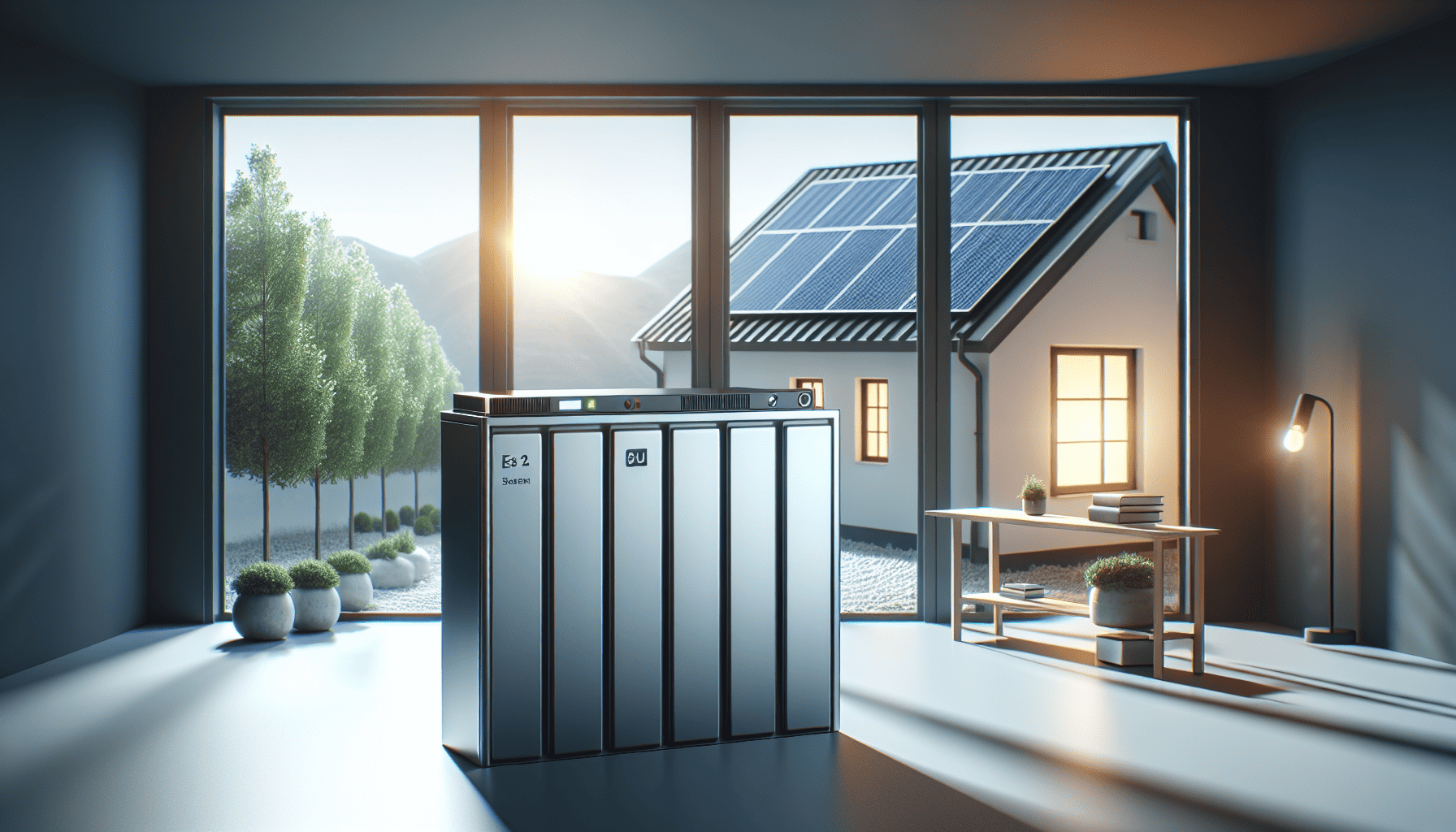In today's world, the demand for efficient energy storage solutions is more crucial than ever. As we transition towards renewable energy sources, the ability to store and manage energy effectively plays a pivotal role in ensuring a reliable and sustainable power supply. Advanced energy storage solutions are at the forefront of this energy revolution, providing a versatile array of benefits for both consumers and the environment.
One of the primary advantages of modern energy storage technologies is their capacity to balance the supply and demand of electricity. Renewable energy sources like solar and wind are inherently variable, producing energy only when the sun shines or the wind blows. Advanced storage solutions, such as lithium-ion batteries and other innovative technologies, allow us to capture excess energy produced during peak generation times and store it for use when production is low. This capability not only maximizes the use of renewable resources but also ensures a stable and continuous energy supply.
Moreover, energy storage solutions contribute significantly to grid stability. Energy grids are constantly challenged by fluctuations in supply and demand which can lead to blackouts or excessive reliance on fossil fuel-based peaking power plants. By integrating energy storage systems into the grid, it becomes possible to smooth out these fluctuations. During periods of peak demand, stored energy can be released to meet the needs without overburdening the grid. Conversely, during low demand periods, excess energy can be stored for future use.
For individual consumers, adopting energy storage solutions offers numerous economic and practical benefits. Homeowners and businesses with solar panel installations can store unused energy generated during the day for use during nighttime or cloudy days, reducing reliance on the grid and lowering utility bills. Moreover, with the rise of smart home technologies, energy storage systems can be seamlessly integrated into existing energy management systems, further enhancing efficiency and control over energy consumption.
Beyond the immediate benefits to consumers and the grid, energy storage solutions have profound environmental implications. By enabling a more consistent and higher integration of renewables into the energy mix, these solutions reduce the dependency on fossil fuels, thus cutting down on greenhouse gas emissions. Additionally, energy storage can alleviate the need for constructing new power plants and transmission lines, which often come with significant environmental and social costs.
However, the widespread adoption of energy storage technologies does not come without its challenges. Initial costs, technological limitations, and the environmental impact of battery production and disposal are hurdles that need to be addressed. Fortunately, ongoing research and development are focused on discovering new materials and improving existing technologies to make energy storage more affordable, efficient, and environmentally friendly.
In conclusion, advanced energy storage solutions are integral to the future of renewable energy integration and the overall sustainability of our power infrastructure. By effectively storing and managing energy, these systems not only provide a reliable electricity supply but also play a critical role in reducing environmental impacts and promoting a cleaner, greener future. As technology continues to evolve, the potential for energy storage to revolutionize the way we consume and manage energy is immense, promising a more resilient and sustainable world for generations to come.
